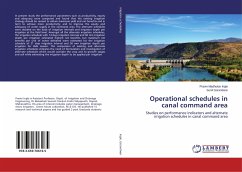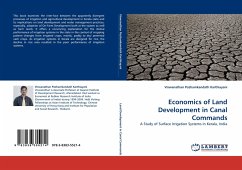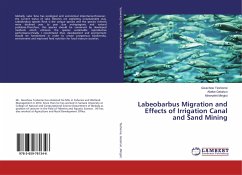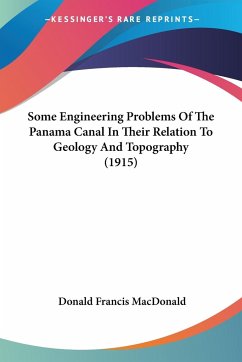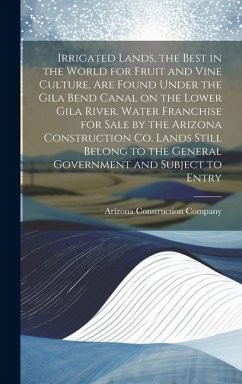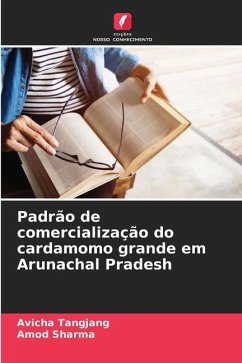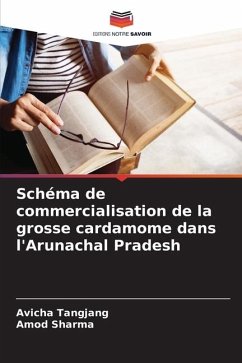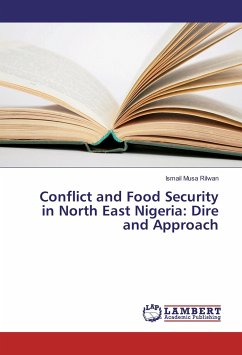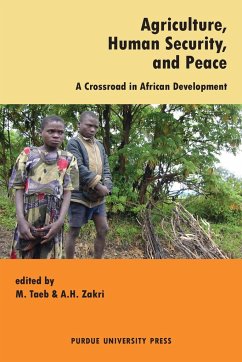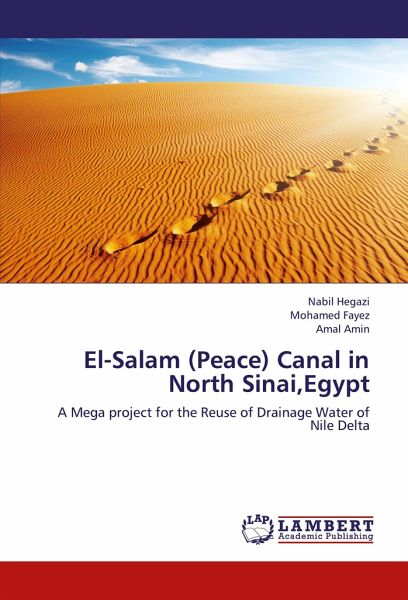
El-Salam (Peace) Canal in North Sinai,Egypt
A Mega project for the Reuse of Drainage Water of Nile Delta
Versandkostenfrei!
Versandfertig in 6-10 Tagen
39,99 €
inkl. MwSt.

PAYBACK Punkte
20 °P sammeln!
More than 12 x109 m3/year of Nile Delta drainage water is annually discharged into the Mediterranean Sea. El-Salam (peace) canal, having a mixture of such drainage water and the Nile water (1:1 ratio), crosses the Suez Canal eastward to the deserts of north Sinai. The chemical and microbiological quality of the canal water were monitored along two successive years, to follow effects of seasonal and spatial distribution along the first 55 km course in north Sinai. It appeared that the canal water is acceptable for irrigation, with much concern directed towards the chemical contents of total sal...
More than 12 x109 m3/year of Nile Delta drainage water is annually discharged into the Mediterranean Sea. El-Salam (peace) canal, having a mixture of such drainage water and the Nile water (1:1 ratio), crosses the Suez Canal eastward to the deserts of north Sinai. The chemical and microbiological quality of the canal water were monitored along two successive years, to follow effects of seasonal and spatial distribution along the first 55 km course in north Sinai. It appeared that the canal water is acceptable for irrigation, with much concern directed towards the chemical contents of total salts, Na and K, as well as the trace elements Cd and Fe. Extending the canal course further than 30 km deep in the desert significantly lowered the faecal pollution rate to the permissible levels of drinking water. However, results obtained strongly emphasize the need for effective pre-treatment of the used drainage water resources prior mixing with the Nile water. The book with its 5 chaptersis providing specialists in various fields of environment, agriculture and water resources with original data on the potential reuse of drainage water particularly in desert agriculture.



